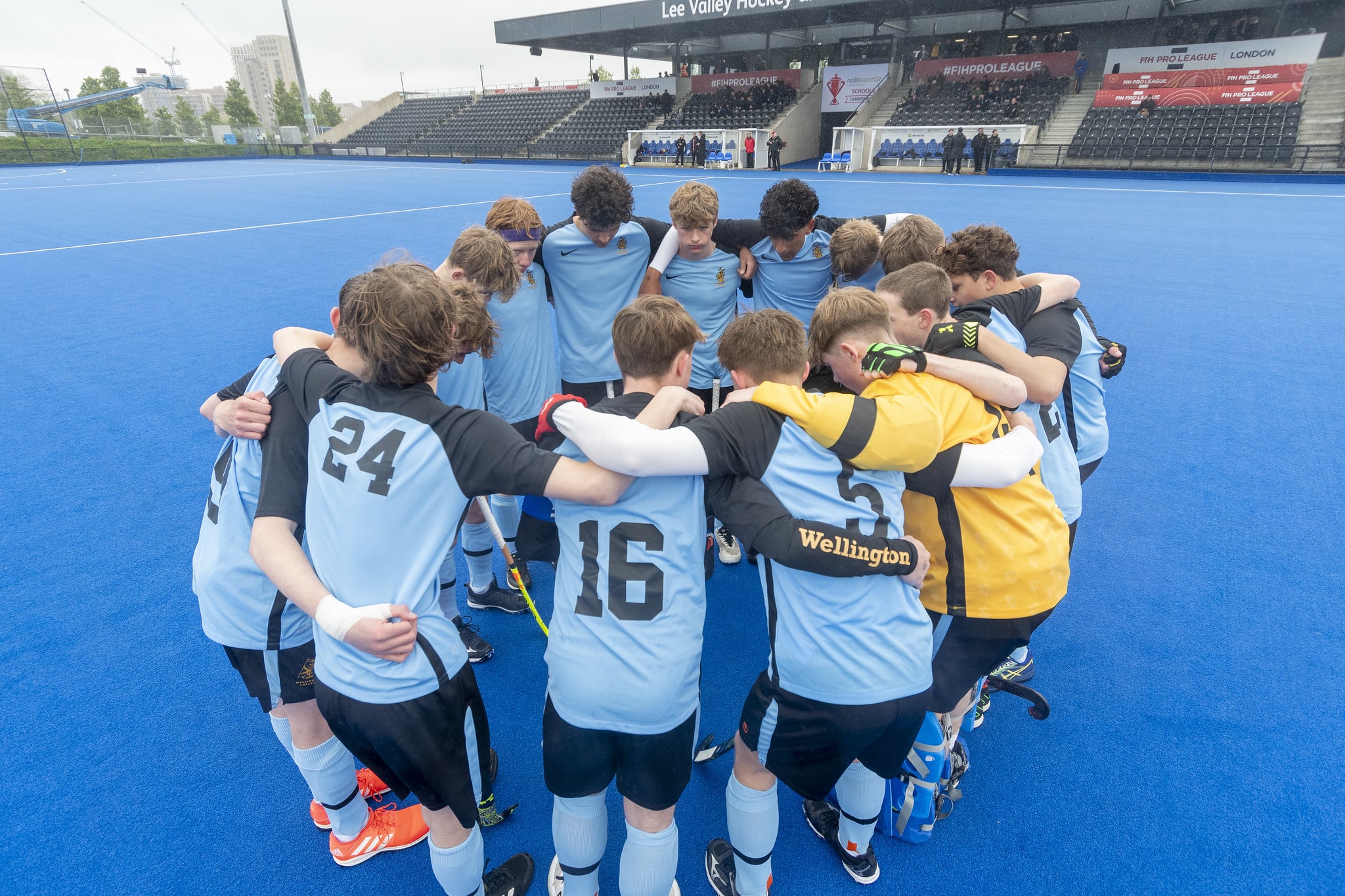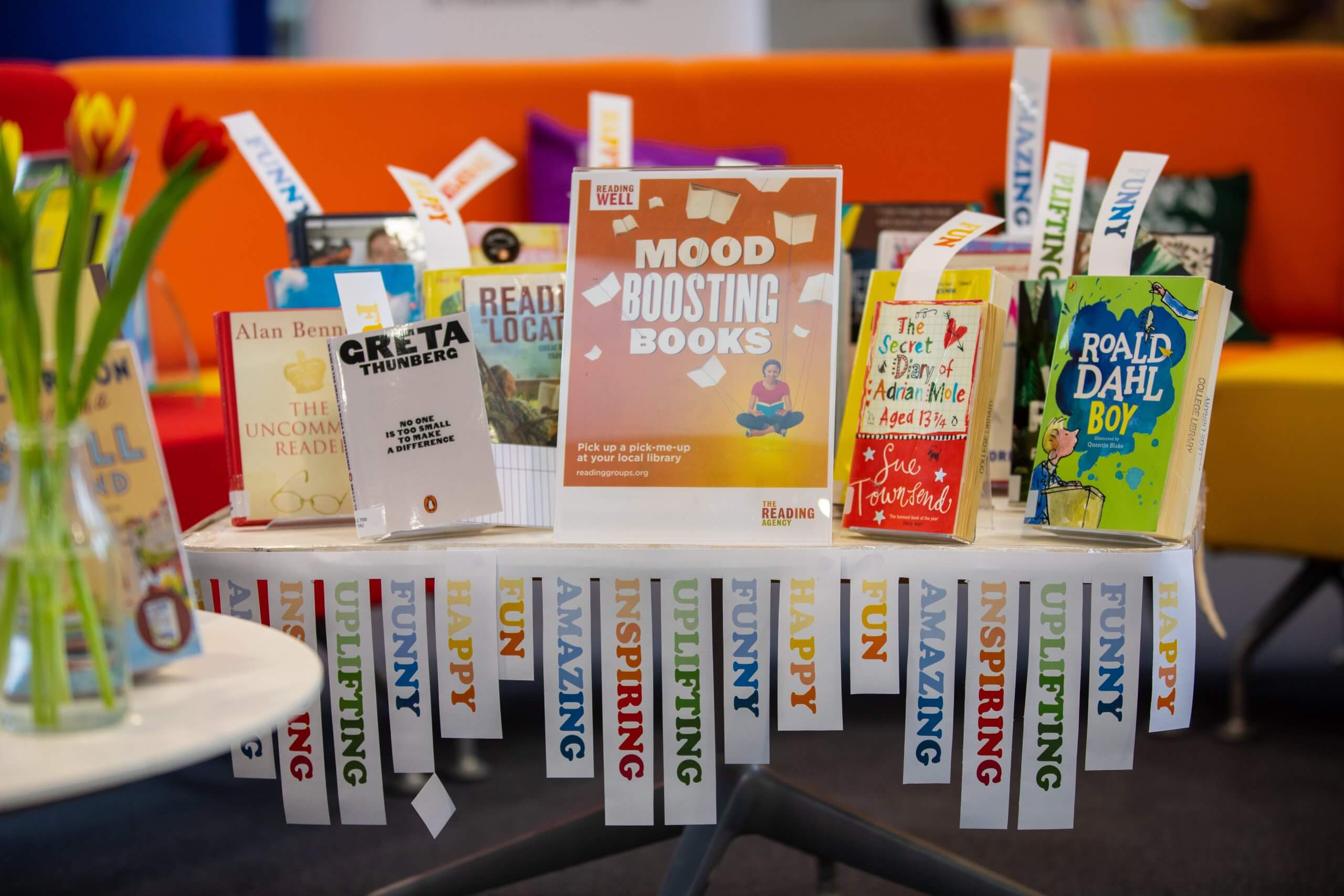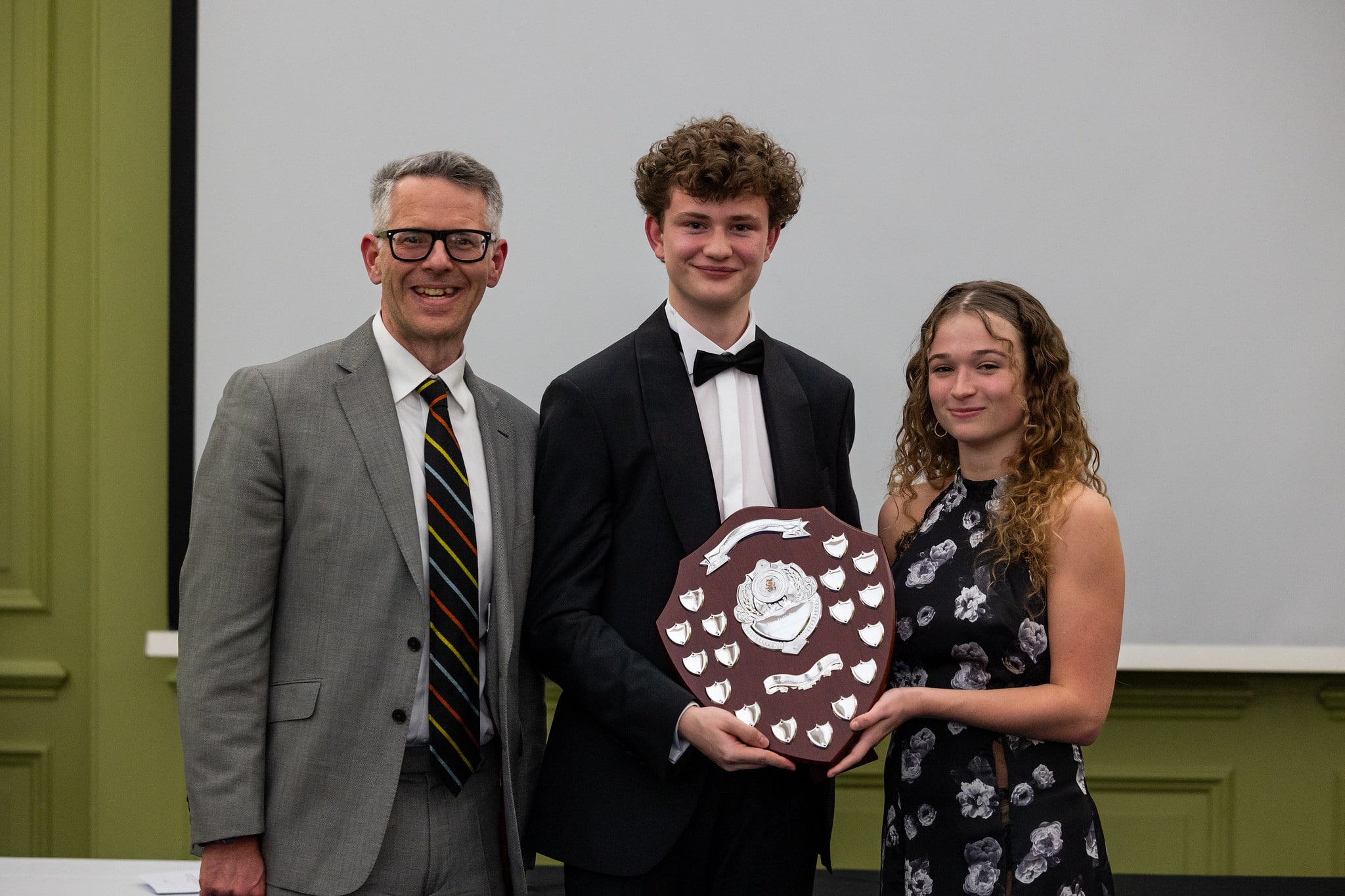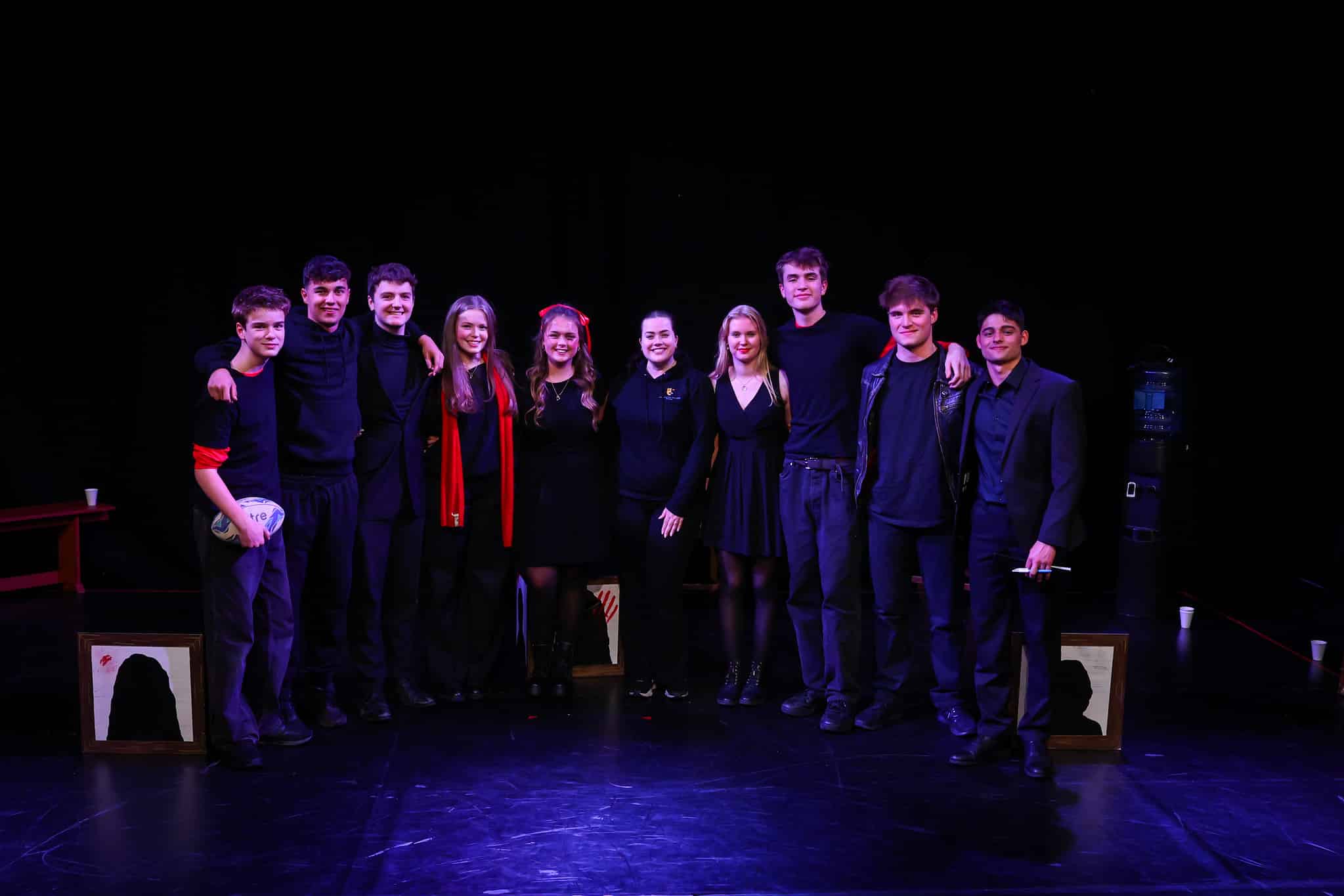
Young People Have the Power to Change the World
On 1 July 2020, 184 inspirational children and young adults were presented with the highest accolade a young person can achieve for social action or humanitarian efforts – The Diana Award.
Established in memory of Diana, Princess of Wales, the Award is given out by the eponymous charity and has the support of both her sons, The Duke of Cambridge and The Duke of Sussex.
These exceptional young people have demonstrated their ability to inspire and mobilise their own generation to service their communities through campaigning, volunteering, fundraising, fighting injustice or overcoming extreme life challenges. Although their causes and backgrounds are varied, what they all have in common is that they are changing their communities and the wider world.
Amongst the recipients is our very own, Lottie. At just 18 years old, Lottie is having a significant impact as a mental health activist. After attempting to take her own life following years of depression and an eating disorder, Lottie became determined to destigmatise discussions around mental health through education and raising awareness in her school and the wider community. Lottie began by organising a ‘24-hour Danceathon’ which raised an incredible £3,200 for Mind charity. Lottie speaks openly about her own mental health experiences and has delivered school assemblies and external workshops for mental health workers and Designated Safeguarding Leads covering how to better support young people with their mental health.
Lottie said: “It is amazing and totally unexpected to win this award. I received a surprise email telling me I had been awarded it – normally my emails are just reminding me that I need to hand my homework in – not that I had won a worldwide award! I’m so honoured that by sharing my experiences on mental health I have been able to help other young people.”
James Dahl, Head of Wellington College said: “Huge congratulations to Lottie on this outstanding achievement – we could not be more proud of her. I have known her since she was 11 years old and her dedication to raising awareness of mental health issues in young people has embodied what Diana’s legacy means. Lottie has shown immense bravery, compassion, and leadership. She is a true inspiration to the Wellington Community and beyond.”
At the ceremony, celebrities will honour the young change-makers from across the world with The Diana Award at the first virtual ceremony. They will include Ade Adepitan MBE, Aisling Bea, Katie Boulter, Yolanda Brown, Miranda Hart, Steph McGovern, James McVey, Liam Payne, Will Poulter, Ashley Singh, Dan Smith from Bastille, Cel Spellman, Dame Emma Thompson DBE, Sam and Mark, Hacker the Dog. The virtual ceremony also marks what would have been Princess Diana’s 59th birthday.
- Link to watch the live event: www.youtube.com/dianaaward 3pm BST on Wednesday 1 July 2020: Young people, aged 9-25, honoured with The Diana Award for going above and beyond in their daily lives to create and sustain positive change.
- Virtual ceremony sees support from a host of celebrities to honour young people with the most prestigious accolade a young person can receive for their social action and humanitarian work around the world.
- Virtual event coincides with The Diana Award’s release of the 2020 Roll of Honour – listing all the year’s recipients: https://diana-award.org.uk/roll-of-honour-2020
Editor of Wellington Today, Tim Head, caught up with Lottie to congratulate her and find out bit more about what it means to win such a prestigious award:

How did you hear that you had been put forward for such a prestigious award?
It was amazing and totally unexpected – I received a surprise email telling me I had been awarded it – normally my emails are just reminding me that I need to hand my homework in, not that I had won a world wide award!
What had you done to be recognised in such a way?
I have been raising awareness (and funds for a mental health charity) among young people about the devastating effect that mental health issues can cause. At the start of the school year I gave a talk to the whole school in Assembly about my experiences and how my own mental health journey had played out. I also arranged and ran a 24-hour Danceathon that raised 3,000 for a mental health charity and have given more talks to smaller groups at my school, Wellington College – and also to students at the LVS school in Ascot. I have also given talks to adults – designated school Safeguarding Leads – and have overseen the opening of a Wellbeing Hub. I was also able to help organise and take part in the Mental Health day that Mrs Lynch set up here at Wellington.
What is it about mental health that is so important to you – where does your passion come from?
From my own experiences mainly – I was a ‘normal happy child’ until I reached my early teenage years when I began to be really unhappy with myself. It wasn’t anybody’s fault – it was just me affecting me, but I simply felt that I wasn’t good enough or perfect enough. Everyone else seemed to be leading perfect Instagram lives, and like many teenagers I became obsessed with fomo – the fear of missing out. I found it really hard to confide with anybody – friends and family for example, as my worries and depression tended to be dismissed by people telling me it was ‘just a phase’. I don’t think young people are taken seriously enough when they talk about their feelings. As I got older I realised that I was not alone and that it was time for change – but also that by sharing my experiences and being honest would not only help others but would also help me.
That must have been hard – it must have taken a lot of courage?
It wasn’t really about being brave – just realistic. I knew that it was time to make a change. I was talking about real life things that happen in real life. But I also knew how important it is to build support around individuals and let them know that they are not alone and that the issues they are facing are far more common that they realise. Too many young people (and maybe adults too) are hiding behind glossy social media disguises. I wanted to destigmatise Mental health, get rid of the sense of shame. By sharing my journey I hoped I would maybe stop other people having to go through what I went through – but that if they are struggling like I struggled (and it was a real battle that I almost didn’t win) they might find some hope from getting things out in the open. As I said, it’s time for change. I’ve been really amazed at how many boys and girls at school have thanked me for talking about things that they thought they were experiencing alone.
What’s next for you?
Well during lockdown I’ve been helping out at a local care home, but if my exam results are OK I am going to Newcastle Uni in September to read a Sociology degree – and of course I want to keep helping young people with mental health problems – it’s really important to me to do that.









